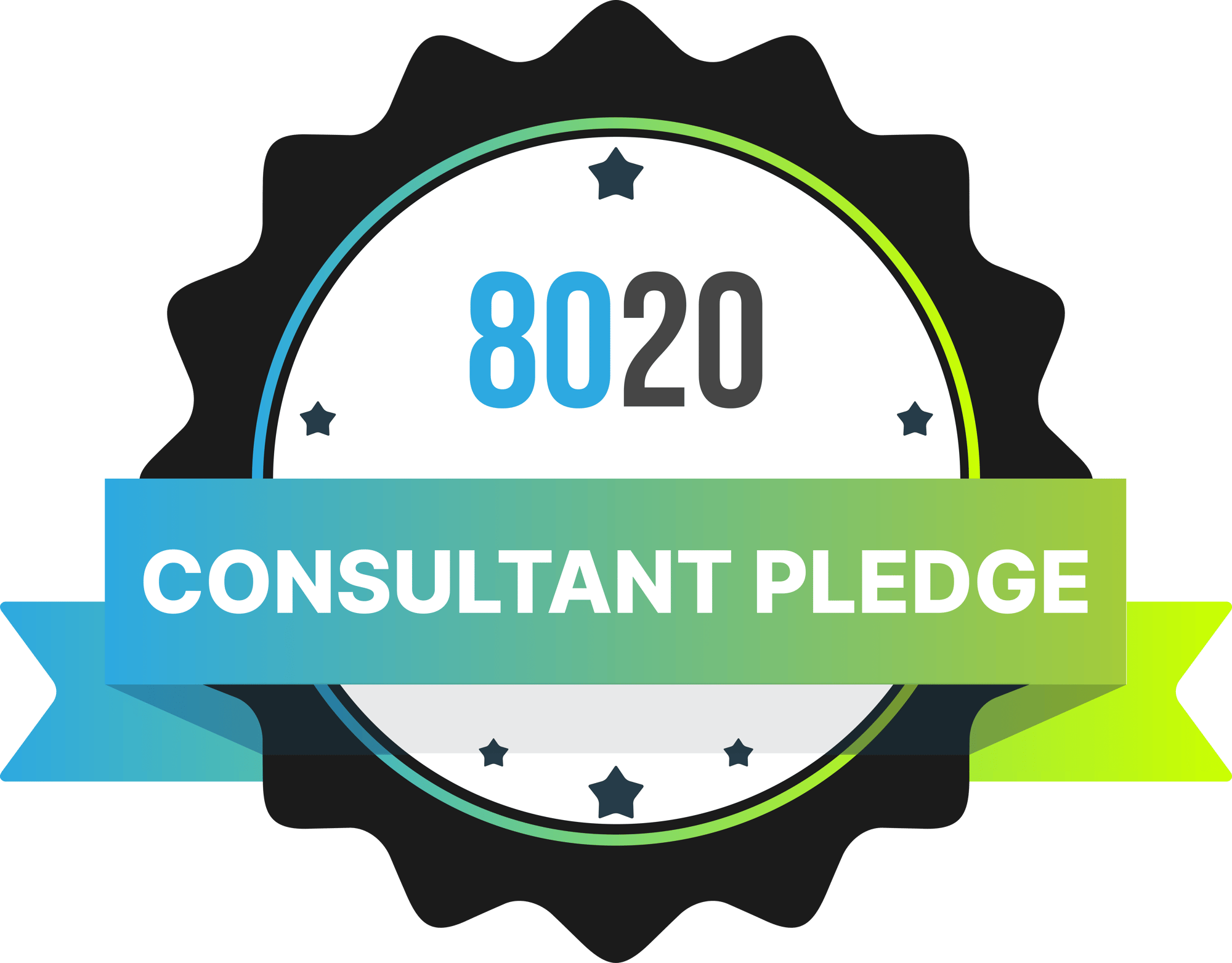Interim Financial Management Services
Leverage Interim Financial Services to
Turn Your Need to Opportunity
Leverage Interim Financial Management experts to help support critical projects,
provide strategic guidance, & turn transition to growth.
TRUSTED BY INDUSTRY LEADERS






Experts To Solve Your Most Difficult Challenges
We provide expert financial leadership to transform critical transitions into growth opportunities. Our deep operational experience drives stability, maintains stakeholder confidence, and elevates team performance while implementing best practices that position your organization for long-term success.
20+Years
Avg. Operator Experience
100+
Full-Time Consultants
12+
Years in Business
1,600+
Projects Completed

How Is 8020 Different How Do Our Interim Financial Management Solutions Differ?
When you face a leadership gap or team disruption, we provide expert interim financial management to restore continuity, drive clarity, and improve performance, fast.
Why Companies Trust 8020:
• Fast deployment of seasoned finance professionals with Big-4 and F500 credentials
• Proven diagnostic approach to assess team structure, reporting, and systems
• Expertise in high-stakes transitions, carve-outs, and process optimization
What Our Interim Finance Services Deliver:
• Continuity in accounting, financial reporting, and cash flow management
• Alignment of finance function with strategic business goals
• Clean handoff to new permanent hires with documented processes and training
Interim Financial Services Benefits
Interim financial management services offer fast, strategic support during periods of change. Whether the need for financial services is due to a sudden leadership gap, M&A activity, or rapid growth, 8020 can assist. By leveraging seasoned finance professionals on a short-term basis, companies can maintain stability, optimize operations, and gain critical insights without the delay of a long hiring process. Below are the key benefits of partnering with an interim financial expert.
01
The Perfect Expert To Fit Your Needs
Expert placement from our team of 100 in-house, full-time consultants chosen specifically to meet your challenges. Quickly address your critical needs while getting strategic insight to help optimize financial performance, implement best practices, and get back to growth.
02
Guarantee Your Business Continuity
Secure the right expert support to help you maintain your lender & leadership confidence, prevent any compliance missteps, restore core covenant focus, and minimize any disruptions, knowledge drain, or team turnover.
03
Interim Support To Transcends Crisis
Go beyond just bridging gaps by turning your critical need into a team & company growth opportunity. Consultants who’ve ‘been there before’ ensure you capitalize on this time to elevate your financial functions, select & train new hires, and ensure they leave you stronger & poised for growth.
04
Partners Not Just Consults
Extensive experience deeply partnering at all levels of leadership, partners, and teams allows us to understand how to quickly and accurately address your specific gaps & fulfil your business needs.
How Our Interim Financial Leaders Help
8020 provides deep expertise in many different Financial Management Services. Read more about some of the other resources we offer:
We Operate Differently | We’re Built On Successful Outcomes, Not Just Theory
Our proven consulting model sets us apart from the market. Our core operating directives below make us different, better.

"8020 was crucial for RealD in developing a financial model for technology IP monetization and guiding our ERP selection process. Their work is thorough, executive-ready, and their team effectively implements recommendations."
⭐⭐⭐⭐⭐ | Jeff Spain | CFO, ReaID

"8020 was key in overhauling our budgeting process at 72andSunny and provided crucial support for system implementations like Workday and Oracle."
⭐⭐⭐⭐⭐ | Jordan Toplitsky | CFO, 72andSunny

"The team at 8020 have supported me across three companies, including managing our NetSuite implementation at Edgecast, integrating billing systems post-acquisition by Verizon, and overseeing our HQ relocation."
⭐⭐⭐⭐⭐ | John Powers | CFO, Tithe.ly

"8020's consultant brought a proactive approach to every challenge, consistently exceeding expectations while strengthening our team dynamic. I highly recommend 8020 for their skilled professionals who deliver immediate value and elevate any team."
⭐⭐⭐⭐⭐ | Lindsay Terifay | VP, Controller - Fandango & NBC Sports
Meet Some of Our Experts
All the right skills, real-world experience, & high EQ leadership to ensure your success.
Interim Financial Management Resources
Access some of the powerful service-specific resources below to help you level up & win.

The Definitive Checklist for CFOs Starting a New Role
Navigate your first 90 days as a new CFO with confidence using this comprehensive checklist designed to set you up for success

Accounting Department Health Check
Dive into 12 core disciplines of high-functioning accounting departments, with additional context related to behaviors & processes

Financial Reporting & Analysis Whitepaper
Learn about financial reporting & analysis solutions that can bridge the implementation time gap and keep pace with business demands
Interim Financial Management FAQs
Answers to your most frequently asked questions.
How is 8020's Consulting model different from other firms?
Unlike traditional firms that rely on junior teams or contractors, we embed highly experienced operators directly onto your team.
Our consultants are chosen from the top 10% of the market and are our full-time employees who combine deep technical expertise with hands-on operational experience, averaging 20+ years in the field.
This means you get the perfectly chosen expert for your specific needs, who operates as an extension of your team, drives immediate results, and elevates your entire finance operation through their proven methodologies and industry knowledge.
What makes your consultants different from other firms' consultants?
We exclusively hire senior finance professionals who have both led and executed complex financial operations in many real-world scenarios.
Each consultant must demonstrate exceptional technical expertise, strategic thinking, and a proven track record of success across challenging business environments.
Our consultants have actually "sat in the seat" - meaning they've held senior finance positions and truly understand the day-to-day challenges of running finance operations. This combination of technical knowledge and practical experience matched to your specific challenges enables them to deliver superior results.
How do you match consultants to specific client needs?
Our leadership & Client Services teams are made up of experienced finance and accounting consultants themselves, so they actually understand what your challenges are and who's best suited on our team to solve them.
We also use a precise diagnostic approach to match the right expert to your specific challenges by carefully evaluating project requirements and technical needs to deploy consultants with directly relevant experience.
Our very selective hiring process maintains a diverse pool of specialists across many finance disciplines, ensuring we can address any financial challenge with the exact expertise needed. While out on a project, each of our consultants can leverage the collective knowledge & experience of all ~100 experts on the team whenever needed.
This strategic matching process, refined over years of successful engagements, maximizes project success and client satisfaction.
What are Interim Financial Management Services?
Interim Financial Management Services provide experienced finance professionals on a temporary basis to support organizations during times of transition, rapid growth, or operational change.
These services typically cover leadership roles such as interim CFOs, controllers, or FP&A leads, and are designed to maintain stability, ensure continuity, and implement improvements while long-term solutions are developed.
What is an example of Interim Financial Management?
An example of Interim Financial Management is when a company experiencing a CFO departure engages an interim executive to manage financial operations, oversee reporting, and guide strategic decisions during the search for a permanent hire.
This approach ensures business continuity and helps maintain momentum through leadership change.
What positions do you offer interim financial management services?
Interim financial management services are available for roles such as:
- Chief Financial Officer (CFO)
- Controller
- FP&A Lead
- Treasury Specialist
Can the Interim Financial Manager help in the hiring process?
Yes, Interim Financial Managers can support the hiring process by defining job responsibilities and role scope, screening and evaluating candidates, providing input on final selection, and assisting with onboarding.
Their experience helps identify candidates who align with long-term business needs.
Do you only offer interim financial management services for specific markets?
Interim financial management services are available across industries and business sizes, ranging from startups and growth-stage companies to mid-market and enterprise organizations.
Popular verticals are technology, healthcare, consumer goods, and more. Each engagement is tailored to sector-specific needs and operational complexity.
How long is a typical contract for an Interim Financial Manager?
Typical contracts for Interim Financial Managers range from 3 to 9 months, depending on project goals. Contracts are designed to adapt to evolving business needs.
How can I tell if I need an Interim Financial Manager?
Consider an Interim Financial Manager if your organization is experiencing:
- Leadership transitions or vacancies
- Rapid growth or scaling needs
- New system implementation
- Compliance or audit preparation
- Gaps in financial reporting or operations
What responsibilities does an Interim Financial Manager have?
An Interim Financial Manager typically handles:
- Overseeing daily financial operations
- Implementing process improvements and controls
- Managing reporting, budgeting, and forecasting
- Leading or mentoring finance team members
- Supporting audits, compliance, and transitions
Responsibilities are tailored to organizational goals and project scope.
Additional Deep Learning
Read any of the related articles below to deepen your learning today.
Your Corporate Finance & Accounting Challenges ...Solved
Leverage the industry’s most skilled accounting &
finance consultants to help you solve any challenge
- Instantly fill your gaps & drive performance
- Extend your team with INsourced experts
- Optimize accounting infrastructure & efficiency
- Save money & get projects done right and on time

-1.png?width=1200&length=1200&name=Front%20-%20Mary%20Stoe%20(2)-1.png)






